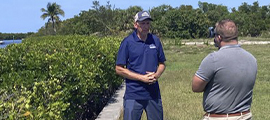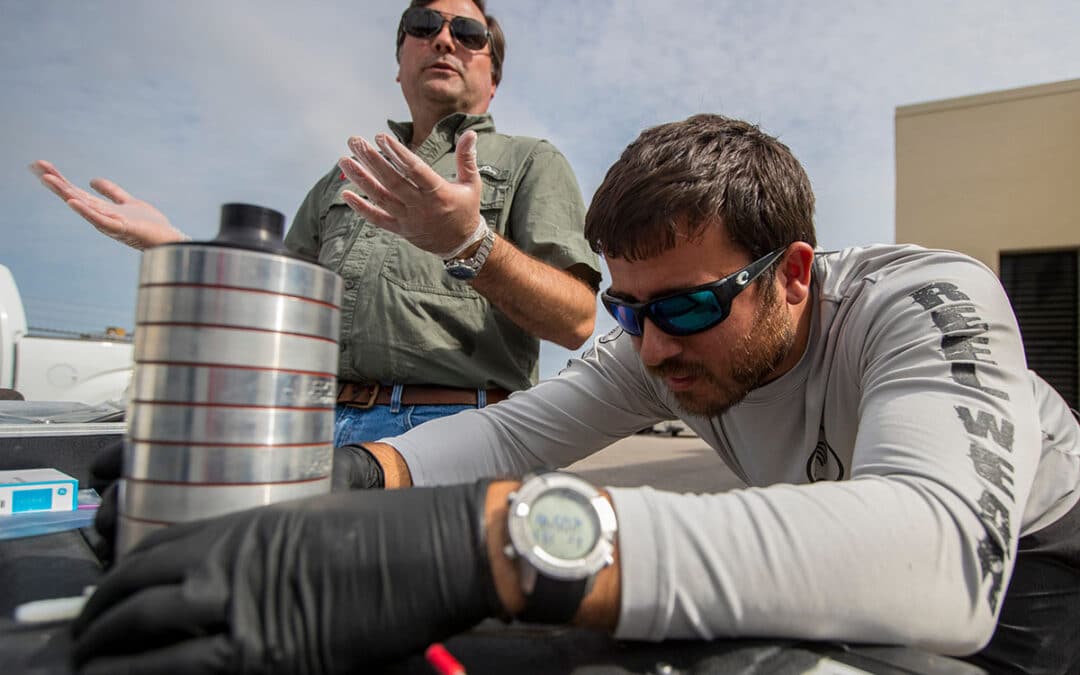The fliers started showing up in Southwest Florida mailboxes this week. “Are toxic harmful algal blooms affecting your health? The University of Miami wants to know and needs your help.”
Those following the region’s water woes might be forgiven for initially confusing the invitation with others issued recently.
Florida Gulf Coast University, Florida Atlantic University, the U.S. Centers for Disease Control and Prevention and Sarasota’s Roskamp Institute, among others, all have sought public help investigating the effects the microorganisms might have human health, though each approaches the problem from a different angle and with a different set of tools.
This one empowers citizen scientists to gather samples from waterbodies and their own bodies to help scientists understand the short- and long-term effects of exposure. Its mouthful of a name – Diversity and Innovation in Screening and Prevention of Exposure – is summarized by the acronym DISPEL.
Continue Reading

























